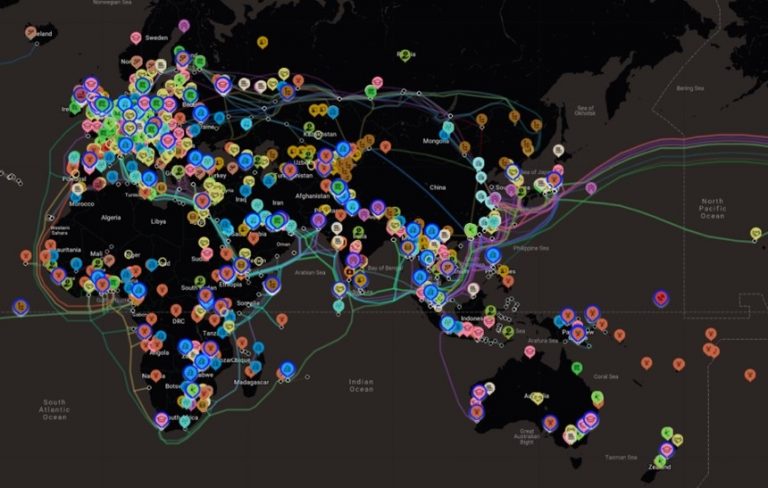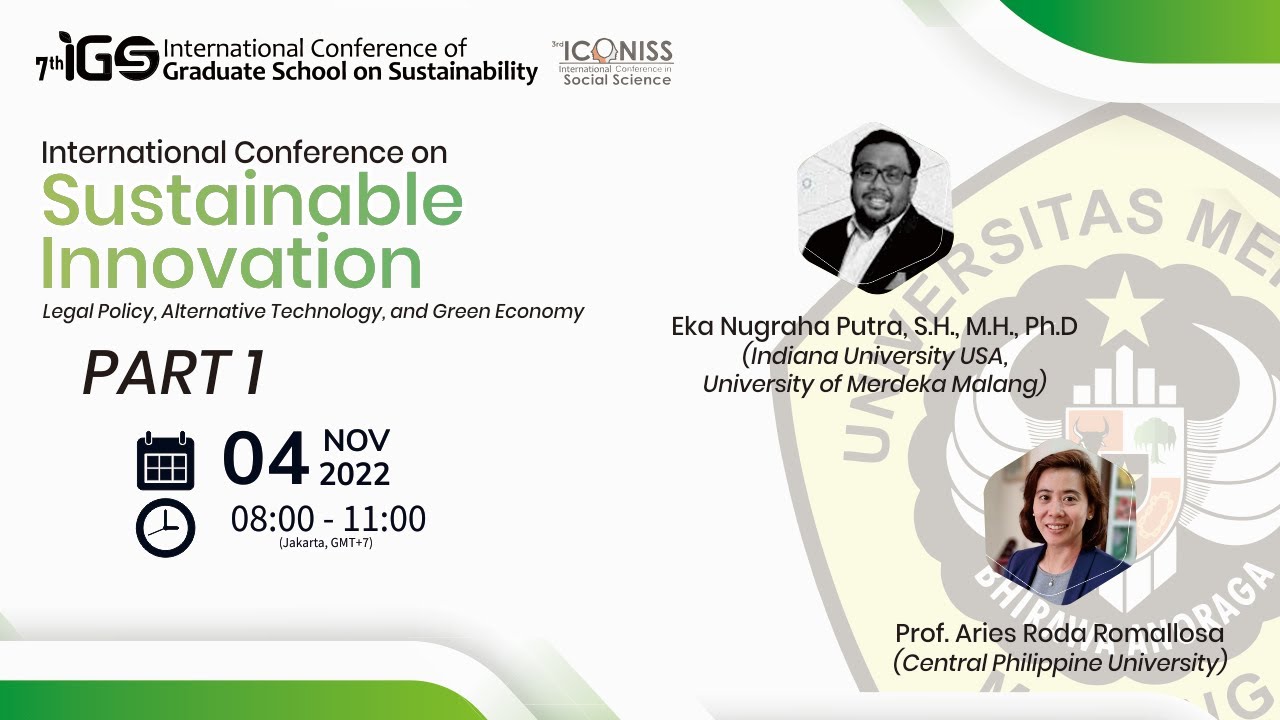Technology Giants Shape Global Security
Technology giants control the global security, their influence extending far beyond their core businesses. From data collection and surveillance to cybersecurity and the development of cutting-edge technologies, these companies play […]

Technology giants control the global security, their influence extending far beyond their core businesses. From data collection and surveillance to cybersecurity and the development of cutting-edge technologies, these companies play a pivotal role in shaping the world’s security landscape. This influence raises critical questions about data privacy, ethical implications, and the potential for abuse.
The rise of tech giants has been fueled by rapid technological advancements, the proliferation of digital platforms, and a growing reliance on online services. Their vast resources, sophisticated algorithms, and access to immense amounts of data have enabled them to become major players in global security. Their involvement in areas like cybersecurity, intelligence gathering, and even the development of weapons systems has raised concerns about their power and the potential for conflict of interest.
Future Trends and Implications

The relationship between technology giants and global security is a complex and evolving one. As technology giants continue to play a more prominent role in shaping the digital landscape, their influence on global security will likely increase. This section explores potential future trends and implications, examining how emerging technologies might impact security practices and the consequences of increased reliance on these companies for security solutions.
The Future of Technology Giants and Global Security
The future of the relationship between technology giants and global security can be envisioned through a timeline, highlighting key developments and their potential impact:
- Short Term (2023-2028): Increased collaboration between technology giants and governments to address cybersecurity threats. This collaboration will likely focus on sharing information, developing joint cybersecurity strategies, and implementing shared security solutions. The rise of AI-powered security solutions, particularly in threat detection and response, will also be prominent.
- Mid Term (2029-2034): Technology giants will increasingly leverage their vast data resources and AI capabilities to provide more comprehensive security solutions. This could involve the development of AI-powered security platforms that can proactively identify and mitigate threats across various sectors. The integration of blockchain technology for secure data storage and transaction management will become more widespread, enhancing cybersecurity infrastructure.
- Long Term (2035-2040): The role of technology giants in global security could become more integrated, with governments potentially relying on these companies for critical security infrastructure. This reliance could raise concerns about data privacy, surveillance, and potential manipulation of security systems. The emergence of new technologies like quantum computing could further impact security practices, requiring new solutions and raising new ethical considerations.
The Impact of Emerging Technologies
Emerging technologies like artificial intelligence and blockchain will significantly influence security practices in the future:
Artificial Intelligence (AI)
AI’s potential in global security is vast, offering both opportunities and challenges:
- Enhanced Threat Detection: AI algorithms can analyze vast amounts of data to identify suspicious patterns and predict potential cyberattacks, enabling more proactive security measures.
- Automated Response: AI-powered systems can automate security responses, mitigating threats in real-time and reducing human error.
- Cybersecurity Risk Assessment: AI can assess vulnerabilities and predict potential security risks, allowing for targeted mitigation strategies.
However, the use of AI in security also raises concerns:
- Bias and Discrimination: AI algorithms can inherit biases from the data they are trained on, potentially leading to discriminatory security practices.
- Ethical Considerations: The use of AI in security raises ethical questions about accountability, transparency, and the potential for misuse.
- Weaponization: AI could be weaponized for malicious purposes, creating new threats and exacerbating existing security risks.
Blockchain Technology
Blockchain’s decentralized and immutable nature offers potential benefits for enhancing cybersecurity:
- Secure Data Storage: Blockchain can provide a tamper-proof ledger for storing sensitive data, enhancing data integrity and security.
- Secure Transactions: Blockchain-based transactions are encrypted and verifiable, reducing the risk of fraud and data breaches.
- Identity Management: Blockchain can facilitate secure and verifiable digital identities, improving authentication and access control.
Despite its potential, blockchain also presents challenges:
- Scalability: Blockchain technology faces scalability limitations, potentially hindering its widespread adoption in security applications.
- Complexity: Implementing blockchain solutions can be complex, requiring specialized expertise and resources.
- Regulation: The lack of clear regulatory frameworks for blockchain technology could hinder its integration into security systems.
Implications of Increased Reliance on Technology Giants, Technology giants control the global security
The increasing reliance on technology giants for security solutions raises significant implications:
- Data Privacy Concerns: Technology giants collect vast amounts of data, raising concerns about privacy violations and potential misuse.
- Security Vulnerabilities: A single security breach in a technology giant’s infrastructure could have cascading effects on global security.
- Monopolization of Security: The concentration of security solutions in the hands of a few technology giants could create a monopoly, potentially limiting innovation and competition.
- Geopolitical Implications: The dependence on technology giants for security could create geopolitical tensions, as countries compete for control over these critical resources.
Final Review: Technology Giants Control The Global Security

As technology giants continue to expand their influence, it is essential to engage in open and transparent discussions about their role in global security. Striking a balance between security and individual rights, fostering responsible innovation, and establishing clear regulations are crucial steps in ensuring that these powerful entities are held accountable for their actions and that the benefits of technology are realized without compromising fundamental freedoms.
The influence of technology giants on global security is undeniable. Their vast resources and influence over critical infrastructure raise concerns about potential misuse and control. If you’re interested in exploring this complex issue further, consider contributing your insights to a technology write for us guest post.
By sharing your expertise, you can help inform the public and spark important conversations about the future of technology and its impact on global security.









